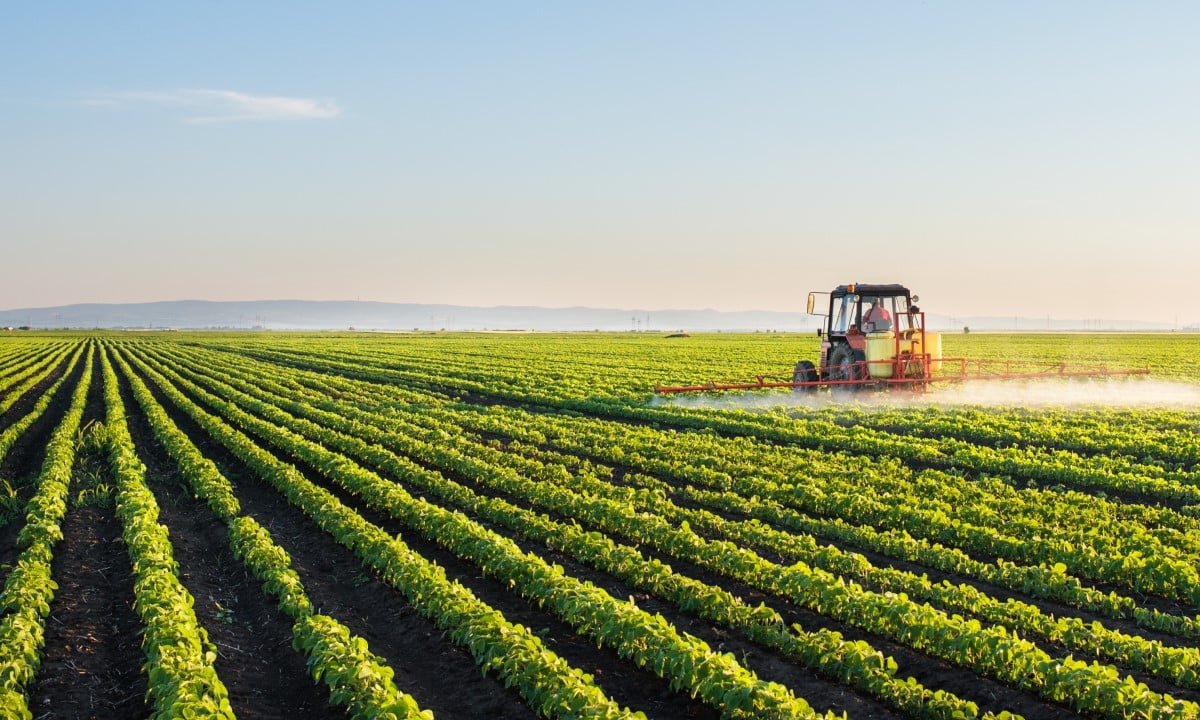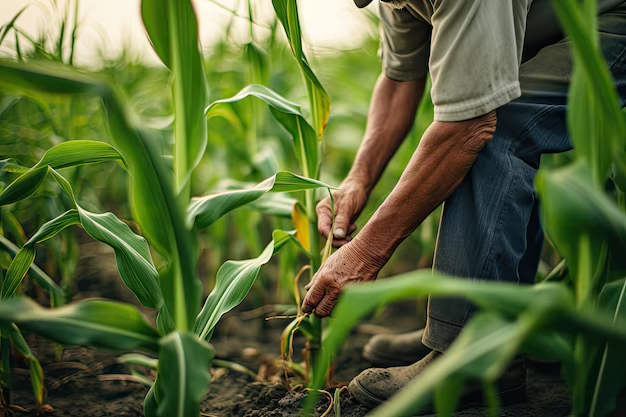Plantation agriculture is a form of commercial production of crops on a massive scale that is done on a single crop. This monoculture practice is usually observed in such regions of the globe as the tropic and subtropics, since their climate is favourable for planting a particular crop throughout the year.
Plantation agriculture has played a significant role in the global economy, but it has also faced criticism for its environmental and social impacts, including deforestation, soil erosion, and labor exploitation.
Key Characteristics of Plantation Agriculture:
- Monoculture: The growing of a specific crop, which can be coffee, tea or cocoa, rubber or banana etc.
- Large-Scale Production: Fields are assigned to one crop, sometimes thousands of hectares.
- Labor-Intensive: Plantation agriculture is very capital intensive especially in areas that involve the use of personnel such as in planting, weeding, and especially harvesting and processing.
- Export-Oriented: Usually the produce crops are meant for export market and therefore there is need to integrate the farmers into the international markets.
- Specialized Infrastructure: Such production centers often have their processing mills, transportation equipment and storage facilities.
Environmental Impacts of Plantation Agriculture:
- Deforestation: STS students know that large-scale removal of trees to create planting space results in destruction of habitat and species.
- Soil Erosion: The monoculture practices have the disadvantage of exhausting nutrients on the soil surface, and at the same time increasing the possibility of erosion in slopes.
- Water Pollution: Fertilizers applied on plantation could seep into water sources and pollute them thus have adverse effects to the aquatic life.
- Climate Change: Climate change partially results from deforestation as well as the emission of gases linked with agriculture practices.
Social and Economic Impacts of Plantation Agriculture:
- Employment Opportunities: Plantations can also offer employment to people in concern region mainly in the rural areas.
- Economic Development: Plantation crops export can help enhance the development of the export –oriented, developing countries economy.
- Social Inequality: The employees in plantations are usually exposed to very poor working conditions, low pay and benefits as well as lack adequate social amenities.
- Land Tenure Issues: Platation owners may compete with the local communities in the effective and efficient use of land and natural resources.
Sustainable Plantation Agriculture:
To counteract the social, economic, and environmental effects of plantation agriculture there is an observation of sustainable plantations agriculture. These include:
- Agroforestry: Using tree-crop systems aimed at improving Shade, Soil and Biodiversity within the farming systems.
- Organic Farming: Minimising on the utilization of synthetically produced pesticides and fertilizers for the purpose of preserving the Earth and human beings.
- Fair Trade: Ensuring that plantation workers receive decent wages and remuneration and have their working rights observed and protected.
- Certification Schemes: Certification programmes that will guarantee that other manufacturers conform to sustainable processes and sourcing.
In conclusion, it is evident there is increased involvement of AEI plantation in food and commodity business around the world. Nevertheless, the product has potential environmental and social consequences which should be taken into account. This work revealed that businesses can enhance their profits while preserving the environmental and social systems through sustainability.




